ve-header title="18th Century Kent" background=gh:kent-map/images/banners/18c.jpg .sticky
Strategic position of the Medway in relation to European wars. New sea water ‘cures’ see the reinvention of Margate as a fashionable resort.
.cards
All Aboard the Hoy
All Aboard the Hoy
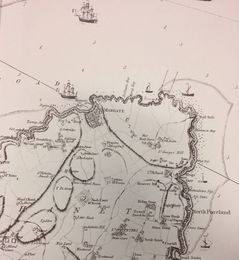
During the second half of the eighteenth century, one of the most remarked-upon aspects of holidaying in Margate was the journey from London by hoy.
Sarah Baker
Sarah Baker
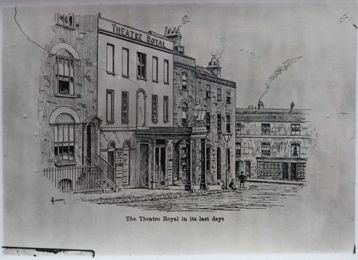
Sarah Baker, who was born in Milton, was a fairground performer, a ‘strolling player’, who become one of the most successful self-made women of the eighteenth century.
Beau Nash’s Tunbridge Wells
Beau Nash’s Tunbridge Wells
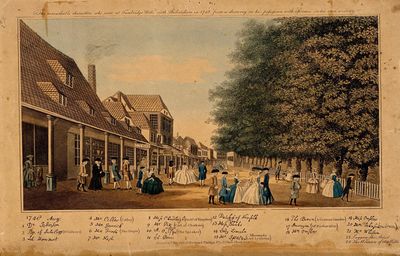
Richard ‘Beau’ Nash (1674-1761) was a significant presence at Tunbridge Wells, where he presided as Master of Ceremonies from 1735 until his death.
John Boys
John Boys
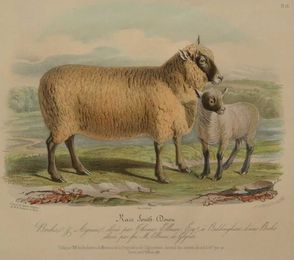
John Boys, agriculturalist, was well known for his breed of South Down sheep. He farmed at Betteshanger Home Farm, about five miles inland from Deal.
Elizabeth Burgess
Elizabeth Burgess
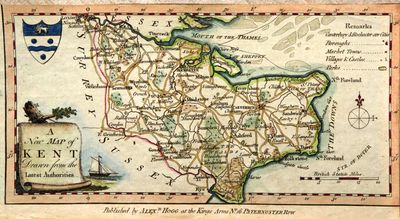
What is this play wrote by Burgess the Pastry Cook; To thrive she’s turn’d her Hand a thousand ways, But why attempt such things as writing Plays; Let her make Sacques, Gowns, Tarts, and Pies, And not presumptuously an Authoress rise.
Elizabeth Carter
Elizabeth Carter

‘My old friend, Mrs. Carter, … could make a pudding, as well as translate Epictetus from the Greek, and work a handkerchief as well as compose a poem.’ Elizabeth Carter, poet, classicist, writer, translator, and linguist was born in Deal.
Elizabeth Elstob
Elizabeth Elstob
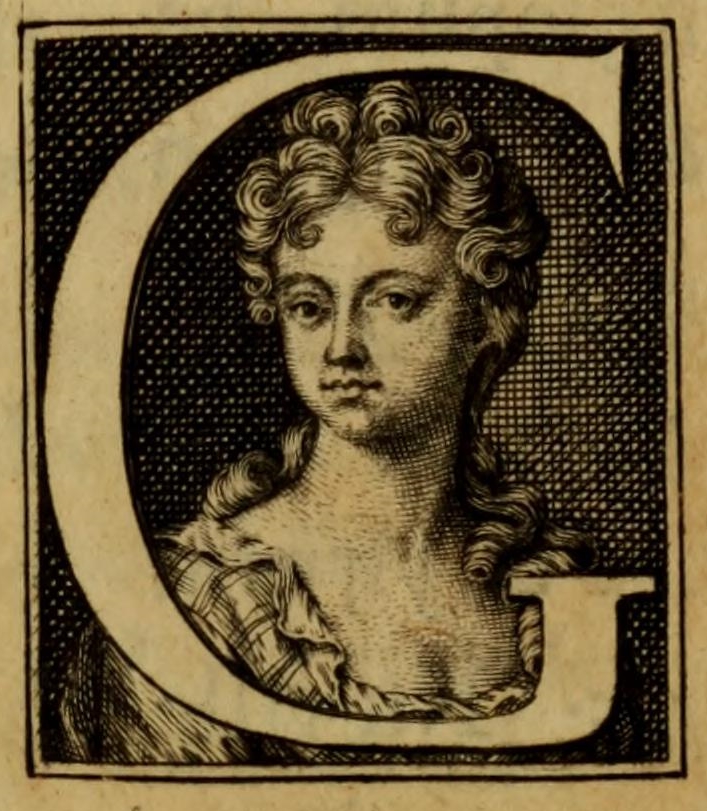
A pioneering scholar of Anglo-Saxon who lived with her aunt and uncle in Canterbury, Elstob can lay claim to be Canterbury’s first bluestocking or female scholar.
Ann Radcliffe
Ann Radcliffe

Ann Radcliffe was a defining figure of the eighteenth century Gothic romance, with literary sensations such as The Mysteries of Udolpho (1794) and The Italian (1796). Both of these are set in the exotic climate of southern Europe. However, Ann Radcliffe never went to Italy, even better than that, she came to Kent.
A Ramsgate Summer
A Ramsgate Summer
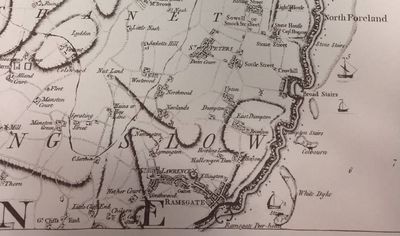
The Sea-side, an epistolary poem published in 1798, offers a notably upbeat account of a summer spent at Ramsgate.
Charles Shadwell
Charles Shadwell
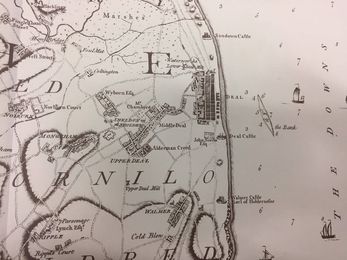
Charles Shadwell wrote A Fair Quaker of Deal whilst he was working as supervisor of excise for Kent, a bawdy play of what sailors get up to after a long trip abroad.
The Bloody Code
The Bloody Code
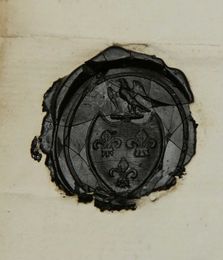
The Bloody Code is a term applied to the English criminal code and its excessive and savage punishments before reform in the 19th century. The Bloody Code applied death sentences to a growing number of crimes, while others attracted cruel penalties of mutilation, burning and whipping.
Hawkhurst Gang
Hawkhurst Gang

The Hawkhurst Gang gained notoreity for smuggling in the villages of the Kent and Sussex border.
The Kentish Gazette
The Kentish Gazette
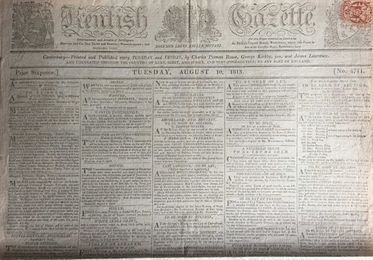
The Intelligence inserted in this Paper will be of the latest date, and selected from the most approved News Papers of London and other Parts of the Kingdom. I have the pleasing Prospect of some valuable Correspondents by whom, with some approved Extracts from the best Authors, Accounts of New Books, Pamphlets, Poetry, etc.